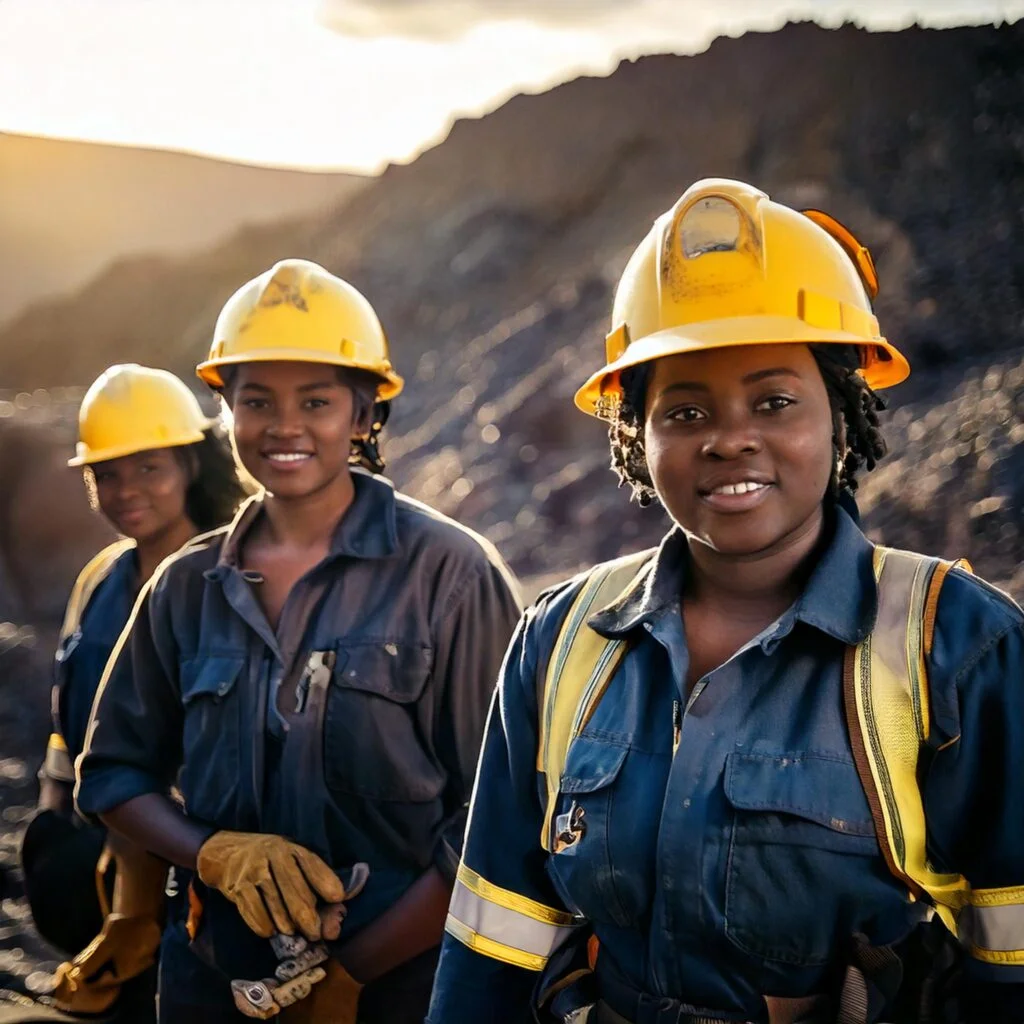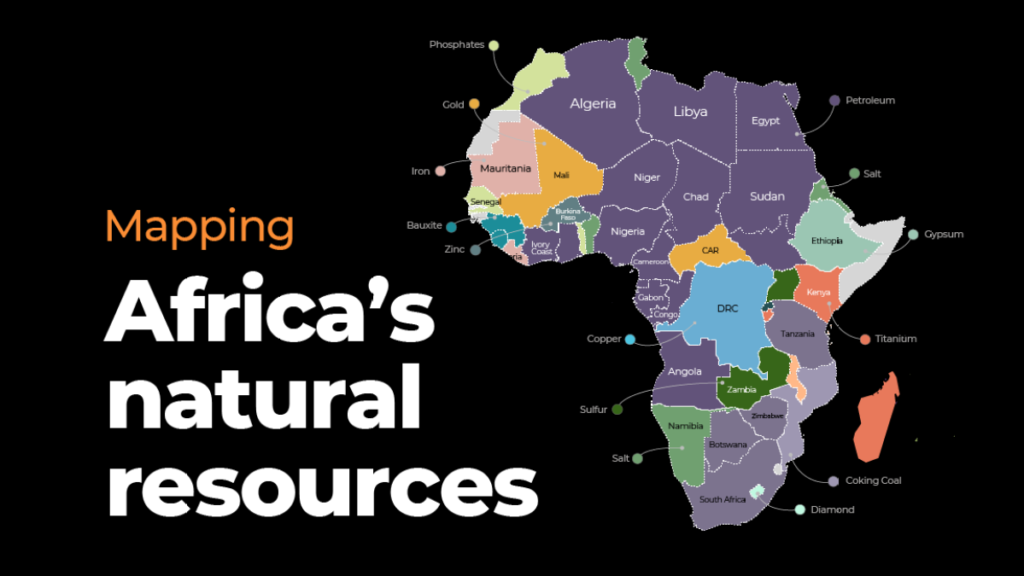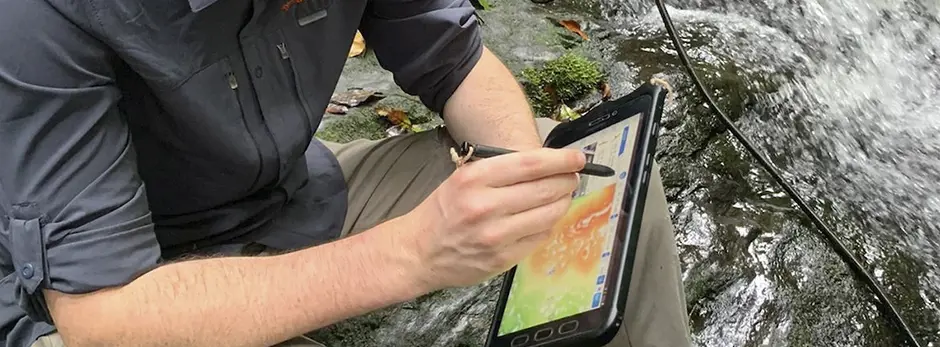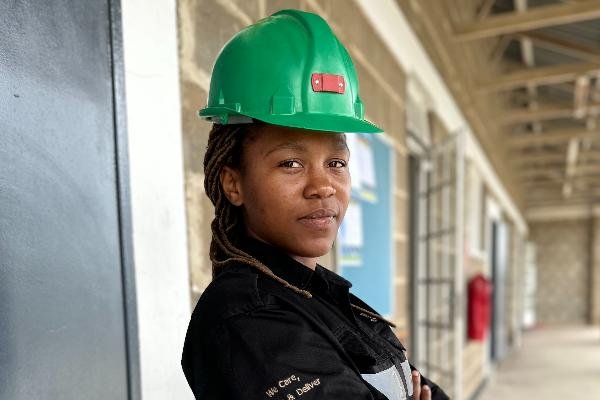Africa Mining Engineer Jobs

The mining engineer jobs in Africa are in high demand due to the continent’s vast mineral resources and increasing global interest in critical minerals such as lithium, cobalt, gold, and platinum. As one of the world’s most resource-rich regions, Africa offers diverse and well-paying opportunities for mining engineers across various sectors.
Here’s a detailed look at mining engineer jobs in Africa, including key industries, required skills, and employment prospects.
1. Overview of Mining Engineer Roles in Africa
Mining engineers in Africa work on:
- Designing and managing mine layouts, shafts, and open-pit operations
- Ensuring safety, compliance, and environmental responsibility
- Optimizing ore extraction, processing, and transportation
- Supervising drilling, blasting, and equipment maintenance
- Collaborating with geologists, metallurgists, and project managers
They operate in both industrial and junior mining environments, often in remote or challenging conditions.
2. Key Mining Countries with Engineer Opportunities
| Country | Focus Minerals | Top Employers |
|---|---|---|
| South Africa | Gold, PGMs, Coal | Sibanye-Stillwater, Anglo American, Harmony Gold |
| Ghana & Mali | Gold | Ashanti Goldfields, Perseus Mining, Endeavour Mining |
| DRC & Zambia | Cobalt, Copper | CMOC, Zijin Mining, Eurasian Resources Group (ERG) |
| Zimbabwe & Namibia | Lithium, Uranium | Allkem, Firefinch, Greenwing Resources |
| Botswana | Diamonds, PGMs | Debswana, Lucara Diamond |
These countries offer a mix of deep-level, open-pit, and artisanal mining projects, all requiring skilled engineering expertise.

3. Required Skills and Qualifications
To succeed as a mining engineer in Africa, professionals should have:
- Bachelor’s or Master’s degree in Mining Engineering, Geotechnical Engineering, or related fields
- Knowledge of local geology, regulations, and safety standards
- Proficiency in CAD, geological modeling software (e.g., Surpac, Vulcan)
- Experience in deep-level, surface, or industrial mining
- Understanding of ESG (Environmental, Social, Governance) principles
- Strong leadership and communication skills for team management
Many engineers also pursue professional certifications like CIM (Canadian Institute of Mining) or SAIMM (South African Institute of Mining and Metallurgy).

4. Salary and Employment Trends
- Entry-Level: $2,000 – $4,000/month (depending on country and experience)
- Mid-Level: $5,000 – $8,000/month
- Senior/Project Manager: $8,000 – $15,000+ (especially for expatriate roles)
Salaries vary by country, company, and specialization, but the sector offers competitive pay and benefits.
5. Challenges and Opportunities
Challenges:
- Remote working conditions in deep-level and off-grid mines
- Regulatory complexity and policy uncertainty in some regions
- Safety risks in underground operations
- High costs of equipment and logistics in underdeveloped areas
Opportunities:
- Growing demand for battery minerals (lithium, cobalt, manganese)
- Government incentives for local beneficiation and investment
- Digital transformation in mining through AI, automation, and data analytics
- Career growth in exploration, operations, and management roles
6. How to Get Hired as a Mining Engineer in Africa
- Apply through job portals like LinkedIn, Pnet, or Mining Indaba
- Network at industry events such as Africa Mining Conference and Exhibition
- Partner with recruitment agencies specializing in mining and engineering roles
- Gain experience in regional or international mining firms before applying
- Leverage local partnerships with African mining companies and government bodies
Many firms also support training programs and graduate placements for aspiring engineers.

FAQs
Q1: Are there mining engineer jobs in Africa?
A1: Yes—across gold, lithium, cobalt, and industrial mineral sectors.
Q2: Which African country has the most mining engineering opportunities?
A2: South Africa leads in advanced mining engineering roles, followed by Ghana, DRC, and Zimbabwe.
Q3: Can I work as a mining engineer in Africa as a foreigner?
A3: Yes—many companies hire expatriate engineers, especially for specialized or senior roles.
Conclusion
Africa mining engineer jobs provide a pathway to a stable, high-impact career in one of the world’s most mineral-rich regions. With growing demand for battery metals and clean energy resources, this field offers long-term growth, innovation, and economic development opportunities.

